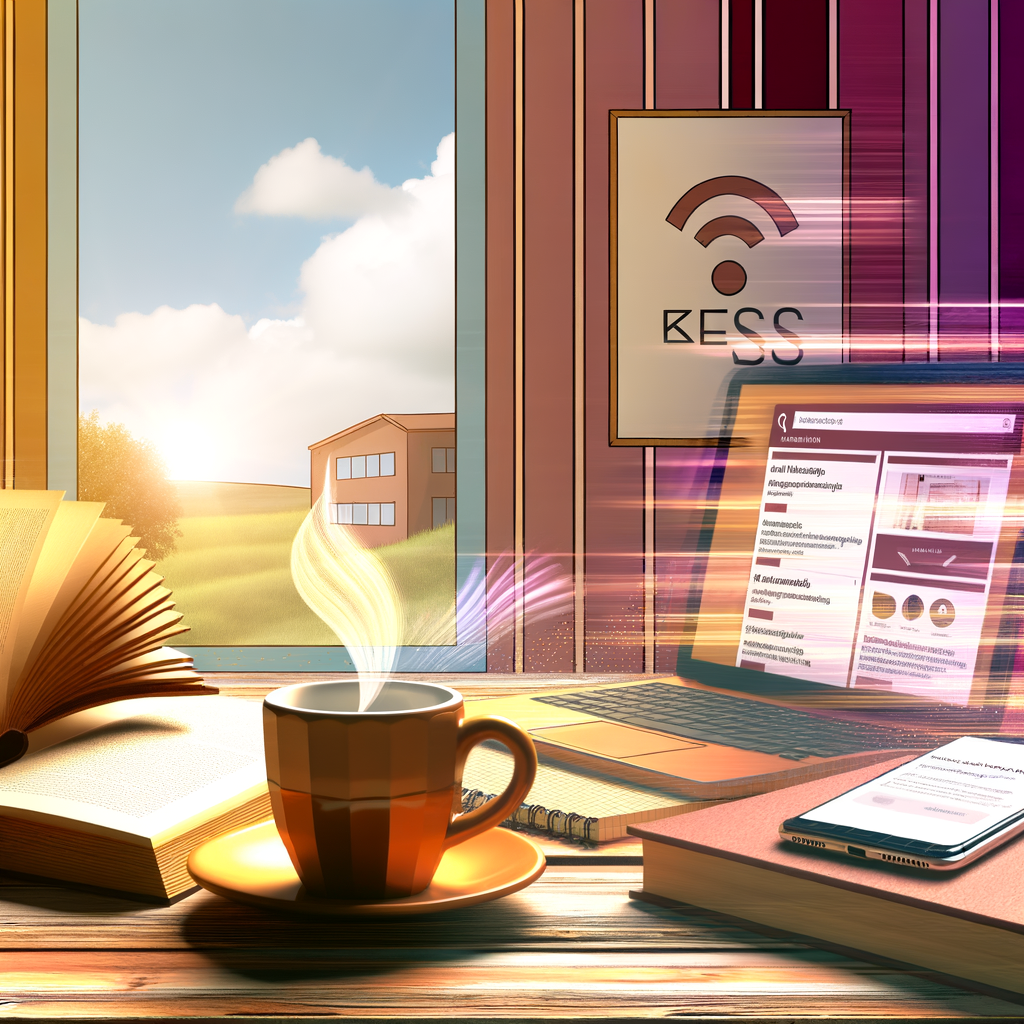BBC Licence Fee Cancellations Surge: 500,000 Households Opt-Out
Introduction
The BBC, a long-standing pillar of British media, is facing a significant challenge. Recent data reveals that 500,000 households have opted out of the BBC licence fee in the past year. This trend could have far-reaching implications for the corporation’s funding and future.
Understanding the BBC Licence Fee
The BBC licence fee has been a mandatory charge for households in the UK that own a television or watch live broadcasts via other means. The funds raised from this fee go towards supporting the BBC’s diverse array of services, including television channels, radio stations, and online content. However, in a rapidly changing media landscape, the relevance and necessity of such a fee are increasingly being questioned.
Why the Decline?
Several factors contribute to the steady decline in licence fee renewals:
- Changing Viewing Habits: With the rise of streaming services like Netflix, Amazon Prime, and Disney+, more viewers are shifting away from traditional TV.
- Economic Constraints: The cost of living crisis has made many households more cost-conscious, scrutinizing every mandatory expense.
- Perceived Value: A significant portion of the public feel they are not getting enough value from the BBC’s offerings compared to their subscription-based alternatives.
Implications for the BBC
The financial implications of this trend are profound. The BBC relies heavily on licence fee income to fund its operations. A half a million decline in paying households translates to a significant revenue shortfall, potentially impacting content production and service delivery.
Beyond the immediate financial concerns, there are broader questions about the BBC’s role in the modern media ecosystem. Can it continue to fulfill its mandate of providing quality content without hyper-commercialization? The debate about the licence fee is shaping up to be one of the defining media issues of our time.
Strategies for Adaptation
The BBC has been exploring various strategies to adapt to the evolving media landscape and counteract the loss in licence fee revenue:
- Enhanced Digital Presence: Investing in its digital platform to provide more on-demand and mobile-friendly content.
- Subscription Models: Considering a shift towards a subscription-based model similar to popular streaming services.
- International Expansion: Exploring opportunities to increase its presence and revenue from international markets.
- Commercial Partnerships: Working with commercial entities to share costs while maintaining editorial independence.
Public Reaction
The public reaction to the BBC licence fee has been mixed. While some advocate for its preservation due to the BBC’s unique content and public service role, others firmly believe that a mandatory fee is outdated and unfair in an age of choice and subscription-based content.
Online forums and social media platforms reflect this divide. On one hand, supporters argue that the BBC offers unparalleled educational programs, documentaries, and news services that would be jeopardized without the licence fee. On the other hand, critics argue that the modern media consumer should have the ability to choose and pay only for the services they use.
Future Outlook
Looking ahead, it’s clear that the BBC will need to continue evolving to stay relevant in a rapidly changing media environment. While the transition may be challenging, it also presents an opportunity for the corporation to innovate and potentially emerge stronger and more competitive.
Key questions remain on the horizon: Will the BBC be able to balance its traditional public service remit with the pressures of a commercial model? Can it maintain its editorial independence while forging commercial partnerships? And ultimately, what will the media landscape look like in the next decade?
Conclusion
The surge in BBC licence fee cancellations marks a significant turning point for the corporation and the broader media industry. As half a million households opt-out, the BBC faces both a challenge and an opportunity. The path forward will require innovative strategies, a deep understanding of audience needs, and a commitment to maintaining the high standards that have defined the BBC for decades.
The debate over the licence fee is far from over, and its outcome will likely shape the future of British broadcasting.



